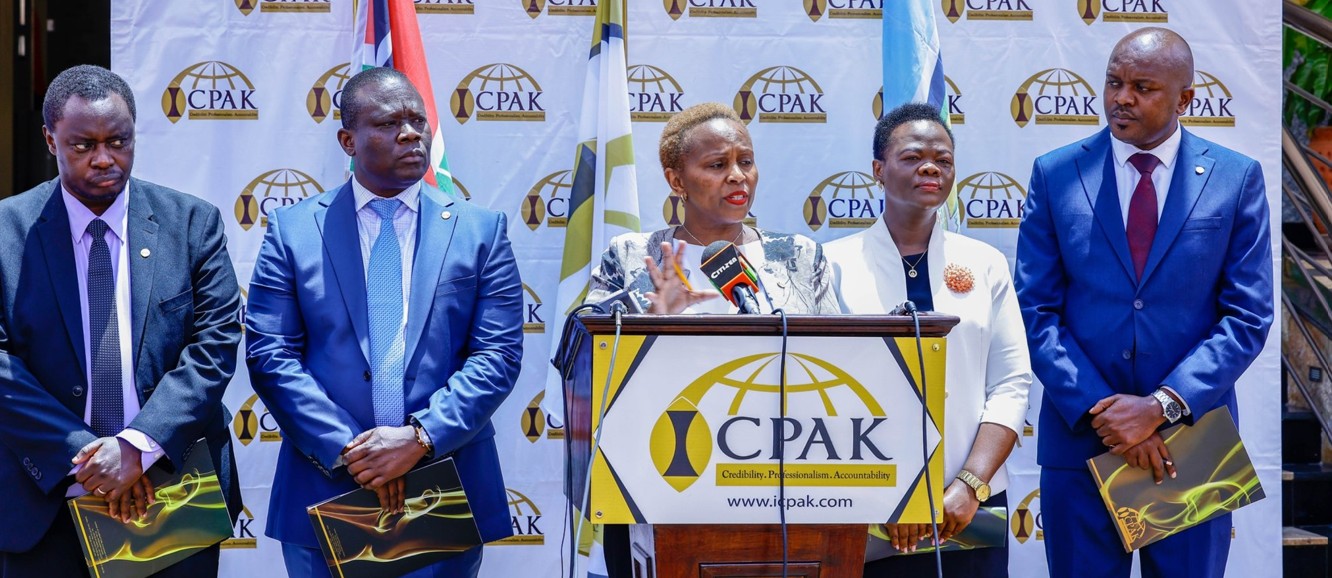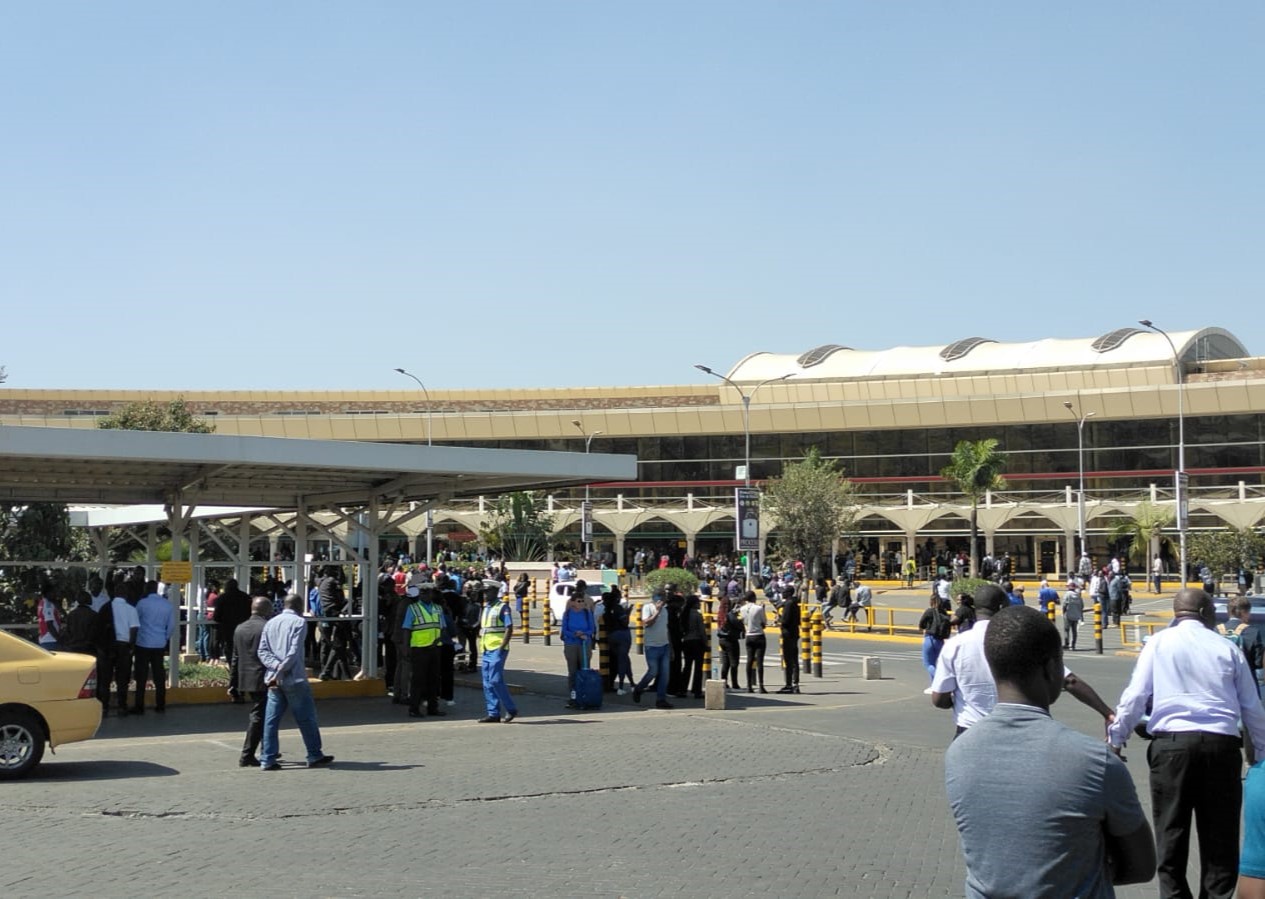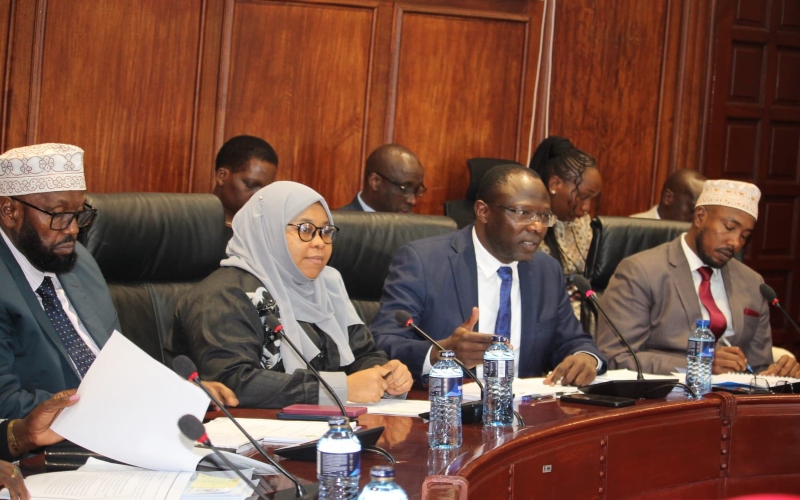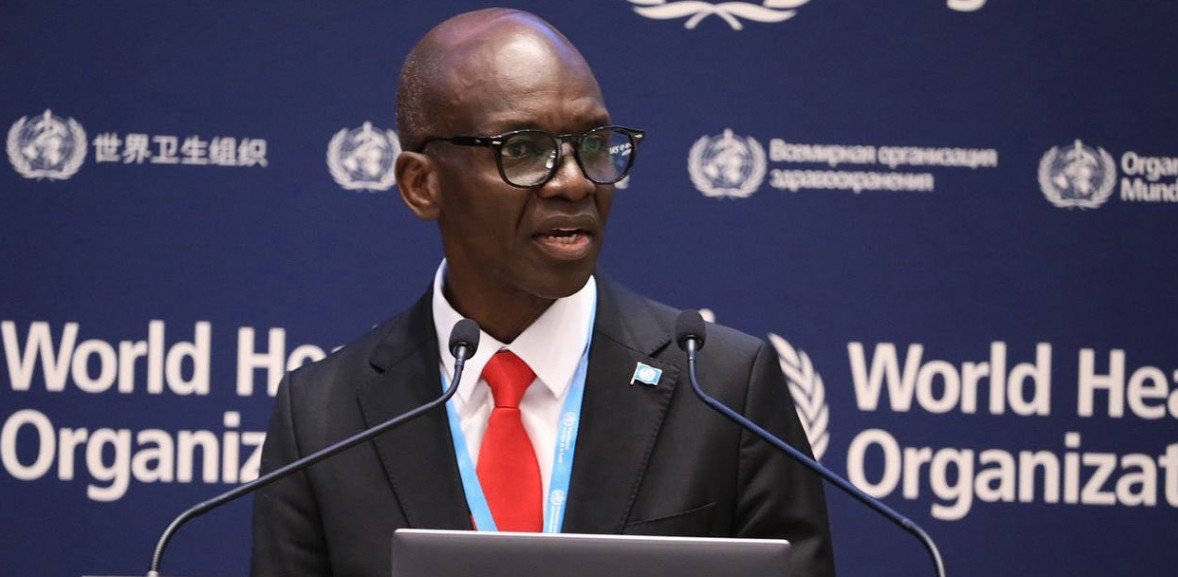From smoke and suffering to hope: Eco-friendly stoves transform women’s lives in Marsabit
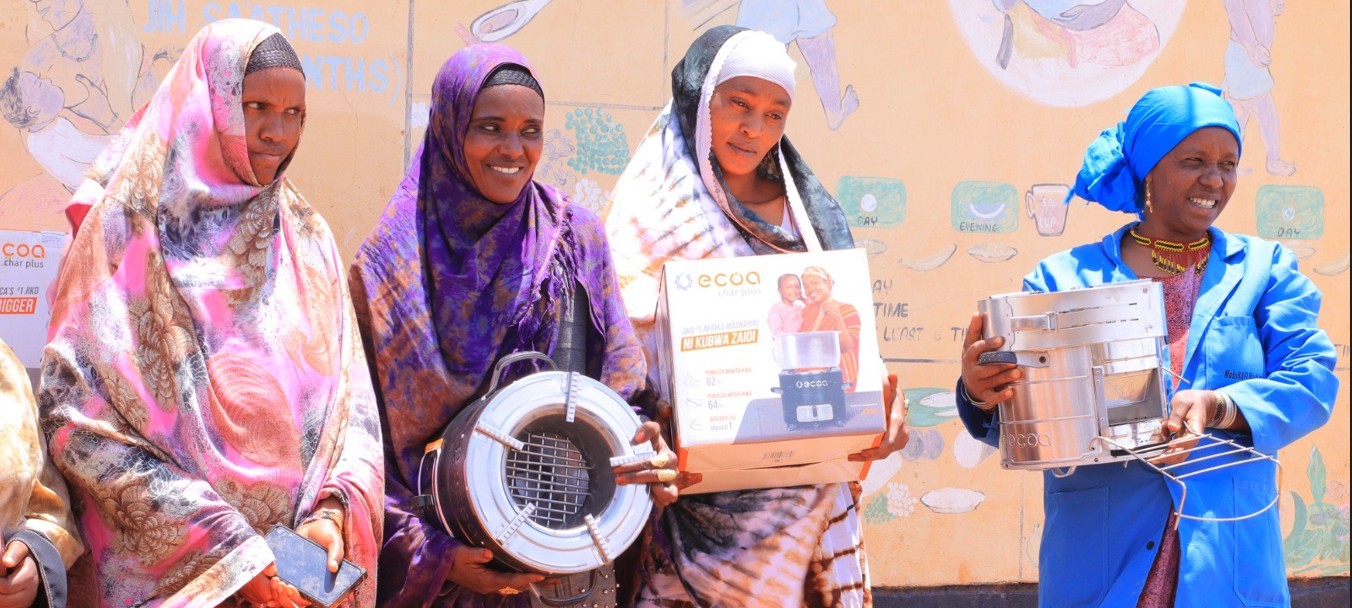
With desertification worsening in Marsabit and other arid regions, reducing dependence on woodfuel is increasingly urgent — both for the environment and for human survival.
Women in Marsabit County have been given a lifeline through eco-friendly stoves — an initiative expected to reduce health risks, curb deforestation, and lessen the dangers they face when collecting firewood.
Sixty households in Jaldesa Conservancy received energy-efficient stoves as part of a clean energy programme led by the Northern Rangelands Trust (NRT) and funded by the Danish government (DANIDA).
More To Read
- Sandalwood consignment worth Sh7.8 million destroyed in Maralal
- Police, KWS seize five tonnes of sandalwood worth millions in Samburu
- Government launches 10-year mega plan to revive Mau Forest Complex
- Black wattle as firewood: How South African communities are putting invasive species to work
- TIFA survey: Firewood still Kenya’s top cooking fuel despite rising LPG use
- Biogas and clean stoves transform cooking in Kilifi, reducing smoke-related illnesses
The project aims to reach 6,000 households across Isiolo, Marsabit, and Samburu counties by 2026.
"This intervention couldn't have come at a better time," said NRT Programmes Manager Gedhia Mamo. "It's not just about cleaner kitchens — it's about saving lives, protecting forests, and giving girls back their education."
Reduced firewood use
The new stoves drastically reduce the amount of firewood needed, cutting back on the frequent and often dangerous trips women must make into forests. These journeys expose them to the risk of attacks, arrest in protected areas such as Marsabit Forest, and sexual violence.
"Collecting firewood consumes hours each week — time that could be used for school, farming, or income-generating work," explained Jaldesa Conservancy Manager Bonaya Jirma. "Girls are missing school to help their mothers. This has to change."
The stoves also come with cotton linings that filter harmful emissions, helping to reduce indoor air pollution — a leading cause of preventable deaths each year.
Relief and dignity
For many women, the project means both relief and dignity.
"Liquefied petroleum gas (LPG) cylinders are too expensive, and refilling stations are in town, not in our villages. Firewood is the only fuel we can access for free," said Mumina Hussein from Laisamis.
Another beneficiary, 45-year-old Mumina Jillo from Manyatta Jillo, shared her experience. "Sometimes I walk 10 kilometres just to find wood. The smoke from our old stove left my children with chest infections. This stove is a blessing."
"This is not just about stoves," added Gedhia. "It's about ensuring that pastoralist and indigenous communities are not left behind in the global energy transition."
With desertification worsening in Marsabit and other arid regions, reducing dependence on woodfuel is increasingly urgent — both for the environment and for human survival.
Top Stories Today

